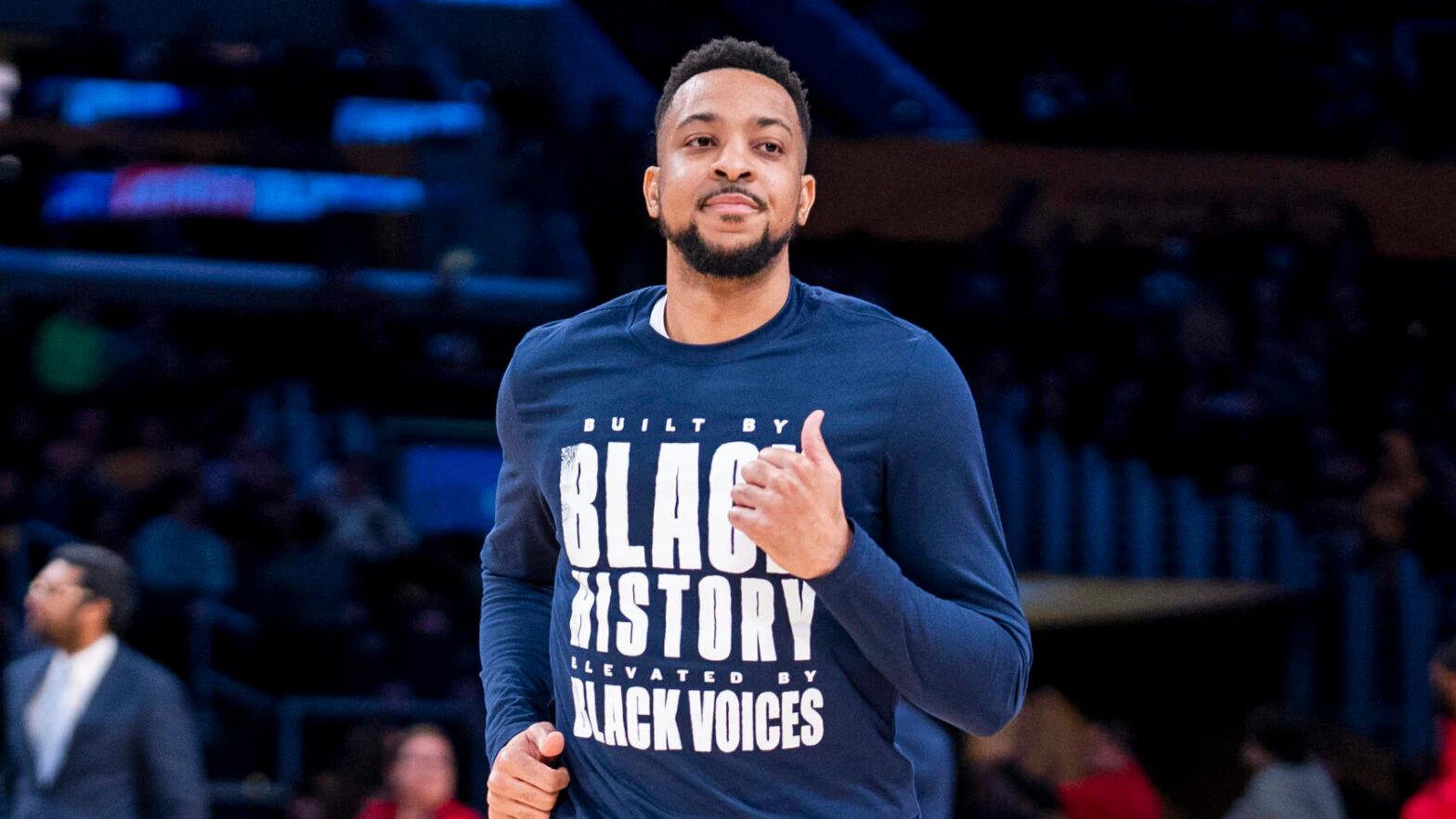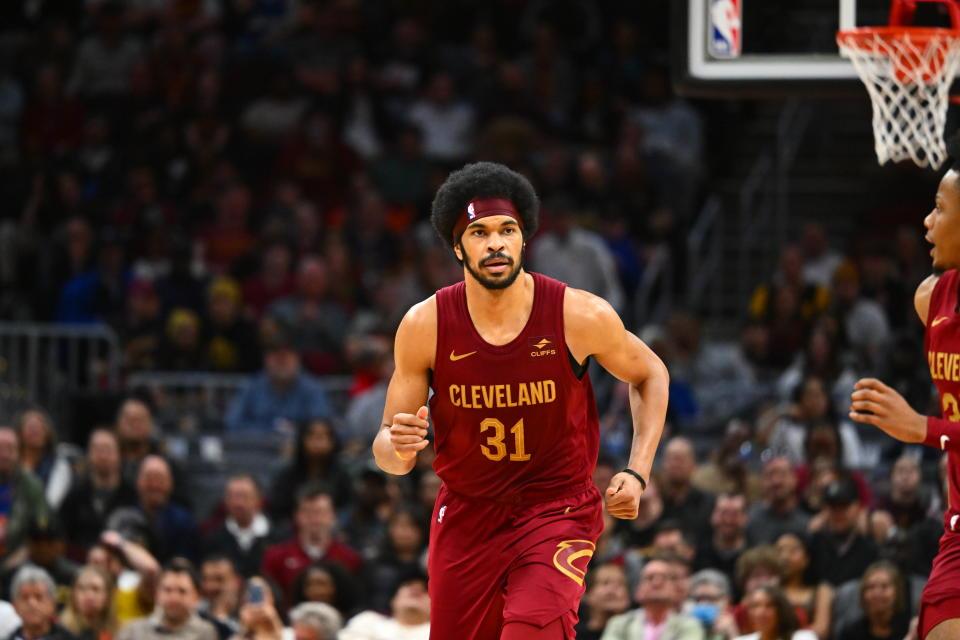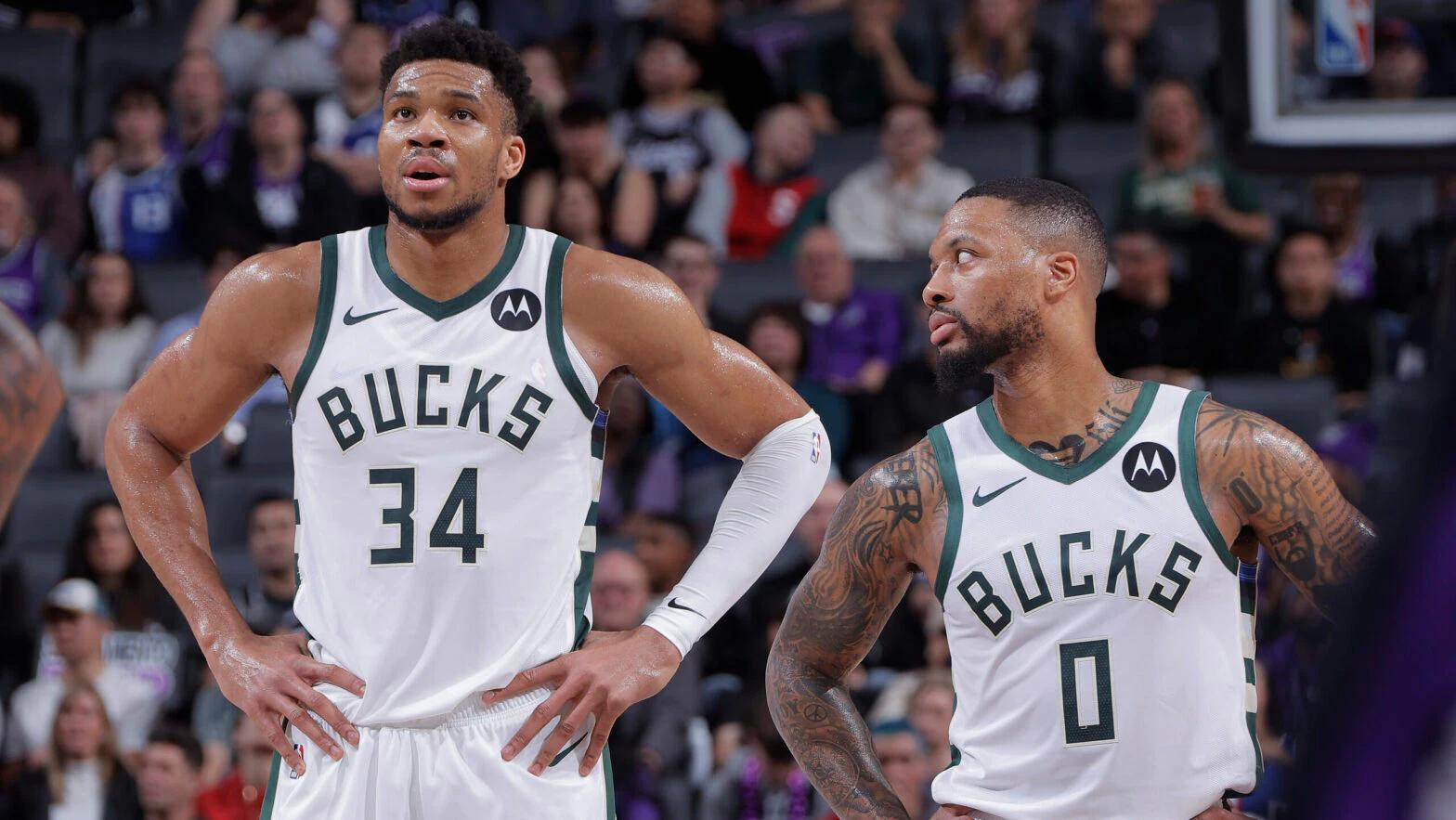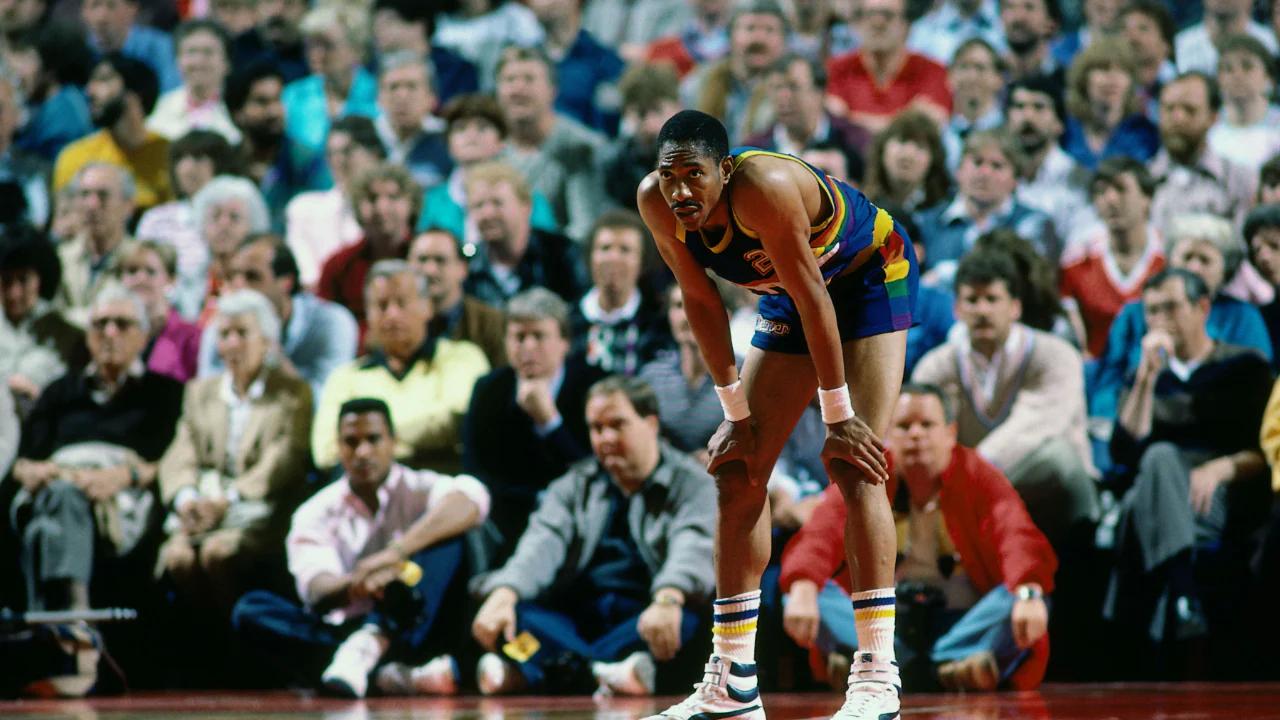Q&A: Co-editors Reflect on the Impact of the National Basketball Social Justice Coalition's 'The Power of Basketball'
"The National Basketball Social Justice Coalition, in their recent release of "The Power of Basketball: NBA Players, Coaches and Team Governors on the Fight to Make a Better America," passionately advocates for social justice and unity in our society. Their message is a resounding call to action for a better future."

The book is a collection of essays from Steve Ballmer, J.B. Bickerstaff, Malcolm Brogdon, Caron Butler, Tre Jones, CJ McCollum, Jamahl Mosley, Larry Nance Jr., Vivek Ranadivé, Doc Rivers, Tierra Ruffin-Pratt and Clara Wu Tsai. Each contributor dives into key stories of their lives, speaking to the pain and heartache sparked by racism and their journeys toward fighting for a brighter, more equal tomorrow.
James Cadogan, executive director of the coalition, and Ed Chung, vice-president of initiatives with the Vera Institute of Justice are co-editors of the book. They spoke with NBA.com on their inspiration for the book, importance of sharing these stories and more.
This interview has been lightly condensed and edited for clarity.
NBA.com How did this book come about?
Ed Chung: James [Cadogan] and I are friends; we worked together in the Justice Department during the Obama administration; we’re both avid, die-hard basketball fans. What I’ve seen from the NBA Social Justice Coalition is the crucial ability to advance social justice to a broader audience than Vera can, and that affects so many people around the world.
The fact that NBA players and coaches and team governors have consistently supported these issues, given their popularity nationally, is a real inspiration.
James Cadogan: We thought “what can we do next to get people engaged, and bring new folks to the movement for justice?”
Why should people read this book? Is there an essay that people should go out of their way to read?
Chung: These issues are personal to them – to get to know the players more, the coaches, the team governors. And then these issues continue to be incredibly important in our society.
We’ve come through some periods of change, when it comes to things like criminal justice reform or public safety, people are concerned about these issues and how just the systems are.
Cadogan: I think what probably strikes me most is probably the sum of diversity of the stories, in terms of how people got engaged in the movement for social justice.
There’s also a core theme, which is that the contributors either experienced or saw something that struck them as wrong, and said ‘I have the power to do something,’ even if they didn’t know what that was – but they wanted to go on that journey.
What does this book say about the moment we’re in? About the sport?
Cadogan: It reflects the evolution of where athletes are. Obviously, there’s this rich history that we have within the NBA community – of advocacy, of people across the community standing up for what they believe.
But now we have more tools to lift up those voices, and more ways to connect with people. That’s certainly true on the business side, when it comes to pure basketball, but it’s just as true off the court, how players are engaged on impact issues in their own communities, or how team governors think about investing in justice reform.
Those are things we couldn’t convey as easily in days gone by because we didn’t have the means of communication. Now we do. And, interestingly, a book presents a lot of good content that also works in our digital environment.
Chung: For me as a fan, I think basketball is everywhere – with the NBA, but also with the popularity of the WNBA as well. My kids play basketball; it’s part of the culture, and it’s part of the culture that’s expanding as well.
For players to have commitments to communities, and commitments to issues, it just shows it’s widespread, it’s everywhere.
What does it mean to you to have edited this book, given the NBA’s rich history in basketball and social justice?
Chung: I’m a fanatic. I’m not just a fan; I’m a fanatic. I had posters of Isiah Thomas and Joe Dumars up on the wall as a kid. To even think that a personal passion and a work passion can merge was unthinkable, so this opportunity is really a once-in-a-lifetime experience.
We here at Vera have the privilege to have Caron Butler on our board. His commitment to issues is another source of inspiration.
Cadogan: It’s exciting.
We’re not in 2020 anymore. The moment has changed, but the work hasn’t – and the number of people that are committed to it, perhaps it’s deeper than ever. Making sure people are connected to these stories – that’s just a different task now, so we have to be creative and make sure we’re taking advantage of every platform we have.
To be able to do that in book form, it’s really meaningful. Books last. When you are able to give somebody 10-15 pages to talk about their “why,” chances are you’re going to uncover and reveal more and allow people to see more. That’s how you get that spark of creativity, that spark of connection that maybe inspires someone else to get involved.
What do you hope people take away from reading it?
Chung: People who may not all-in on some of these issues, and have it be front and center in their thinking and their lives will take a moment and say “oh, I never thought about it that way,” or who have delved into such issues, “that’s something that resonates with me,” and it encourages people to be active in their communities.
Cadogan: We may not be able to do everything, but everyone can do something.
RELATED STORIES






LATEST NEWS







